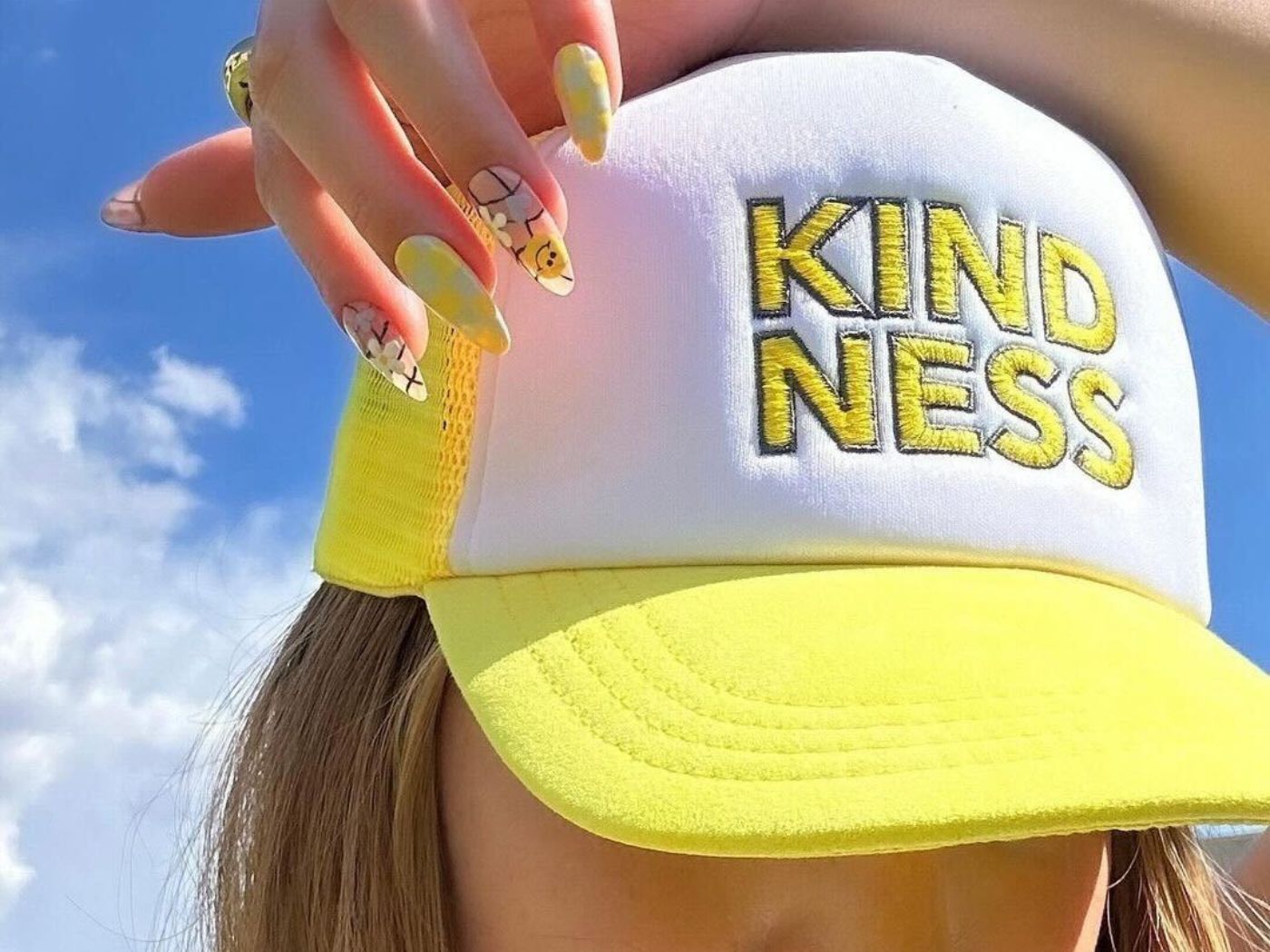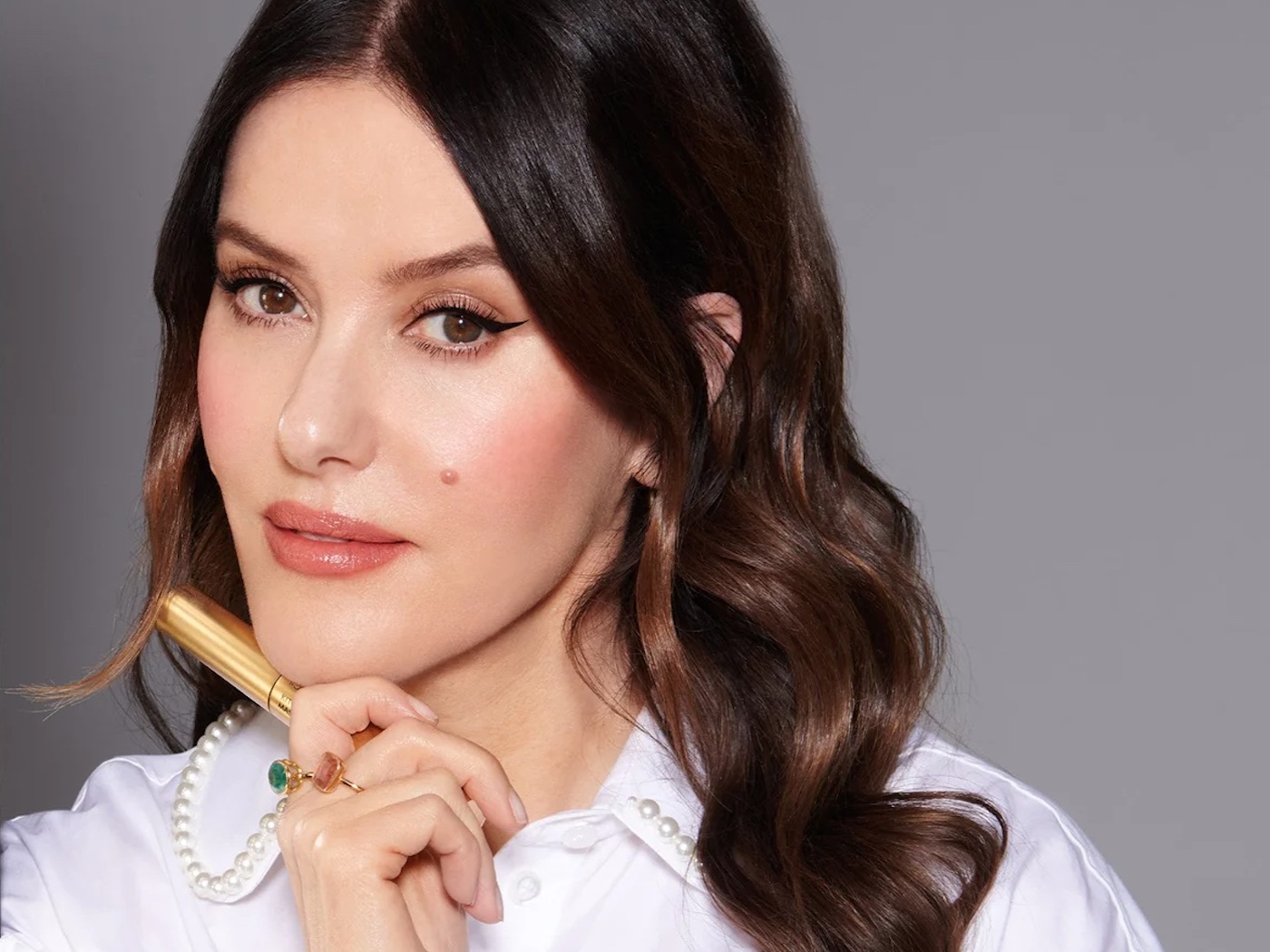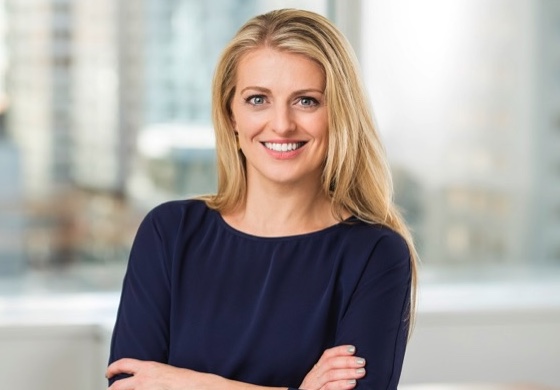Retail news dominates the headlines this morning as it’s been announced that Harvey Nichols’ longtime CEO, Manju Malhotra is stepping down. Estée Lauder’s CEO Fabrizio Freda speaks to The Wall Street Journal about the company’s retail challenges in China; Business of Fashion investigates why the Chinese beauty market in general, after years of outsized growth, is faltering and slowing down; and we get a look at how duty-free stores are attempting to attract younger shoppers at the airport. You can read these stories and more in the links below.
Estée Lauder’s Big Bet on China Is Looking Not So Pretty. CEO Fabrizio Freda warned that sales for the fiscal year could drop as much as 12%, hurt by weak demand in Asia as customers become more selective with their beauty purchases due to record high youth unemployment in the country. (The Wall Street Journal)
Harvey Nichols CEO to Exit. After more than 25 years at the British luxury retailer, CEO Manju Malhotra is leaving the company and will be temporarily replaced by owner Dickson Poon’s son. (Vogue Business)
Travel Retail’s Beauty Assortment is Getting Hipper as Niche Brands Move In. In a hope to attract younger travelers to their shelves, travel retailers are bringing on trendy and indie brands like Grown Alchemist, Sol de Janeiro, and Tata Harper. (Glossy)
Why the Bottom Fell Out of China’s Luxury Market. Beauty is often seen as a recession-proof category, but beauty sales are falling in China due to high unemployment rates, more conservative shopping habits, and a crackdown on daigou, the cross-border buying and selling of luxury goods on behalf of a customer in mainland China. (Business of Fashion)
July Sales Up Boosted by Amazon Prime Day and Half-Year Results Positive. Retail sales were up 0.7% for July 2023 compared to June, which Amazon’s Prime Day helped fuel in the nonstore shopping category. (Forbes)
Elon Musk’s X is Throttling Traffic to Websites He Dislikes. The company has been slowing the speed with which users can access links to the New York Times, Facebook, Instagram, and other news organizations and online competitors that seem to have provoked Musk’s ire. (The Washington Post)




